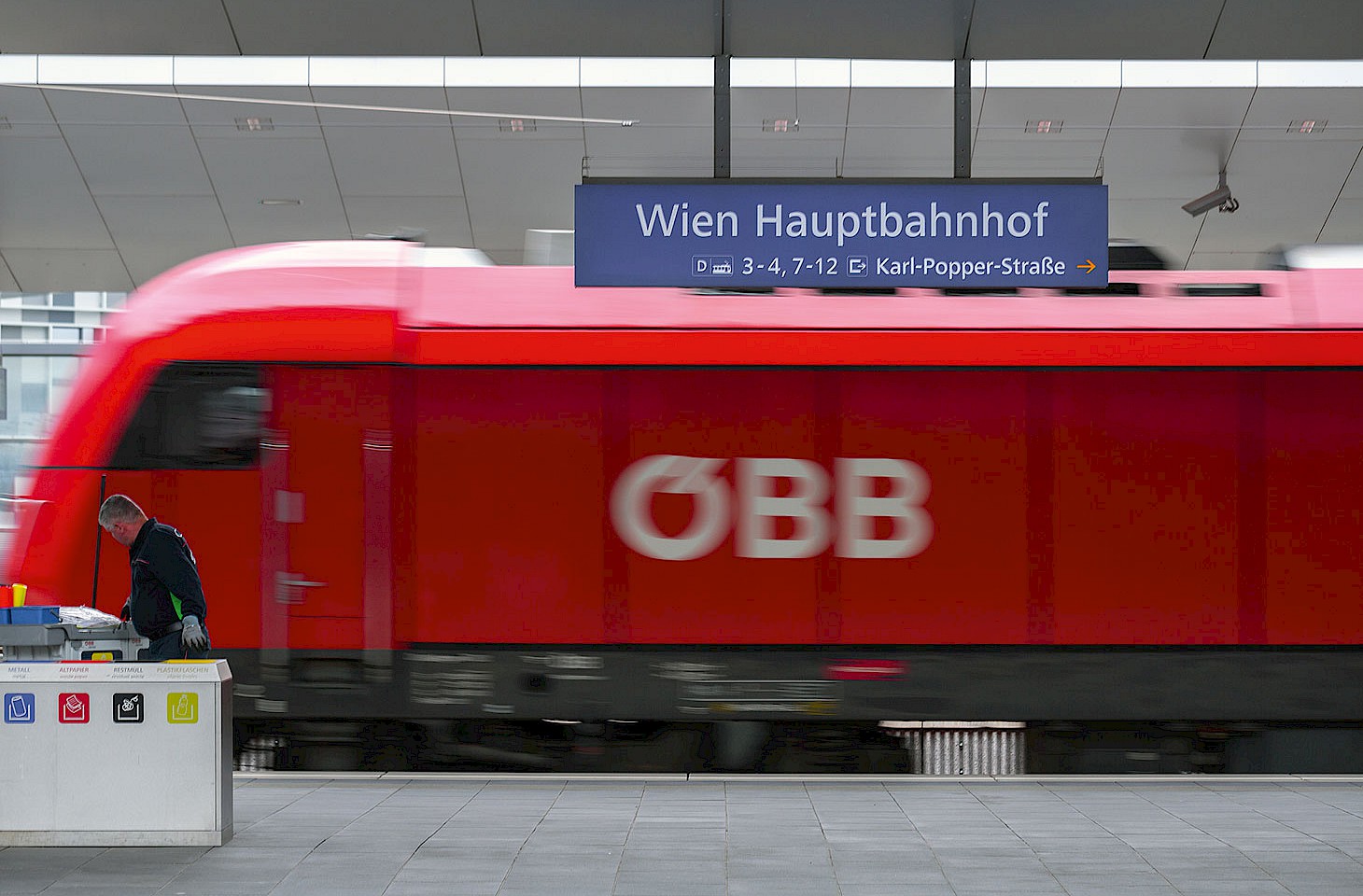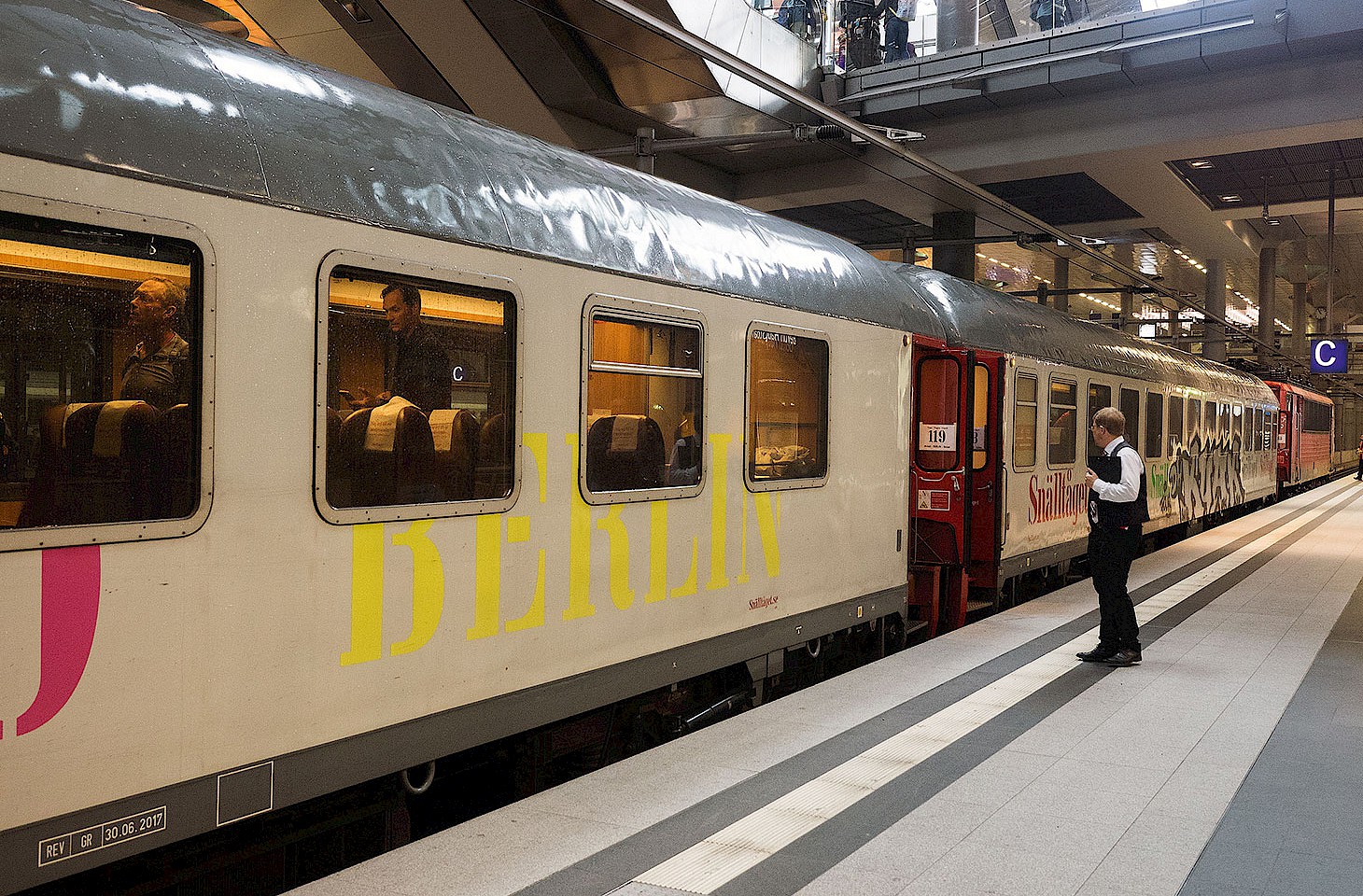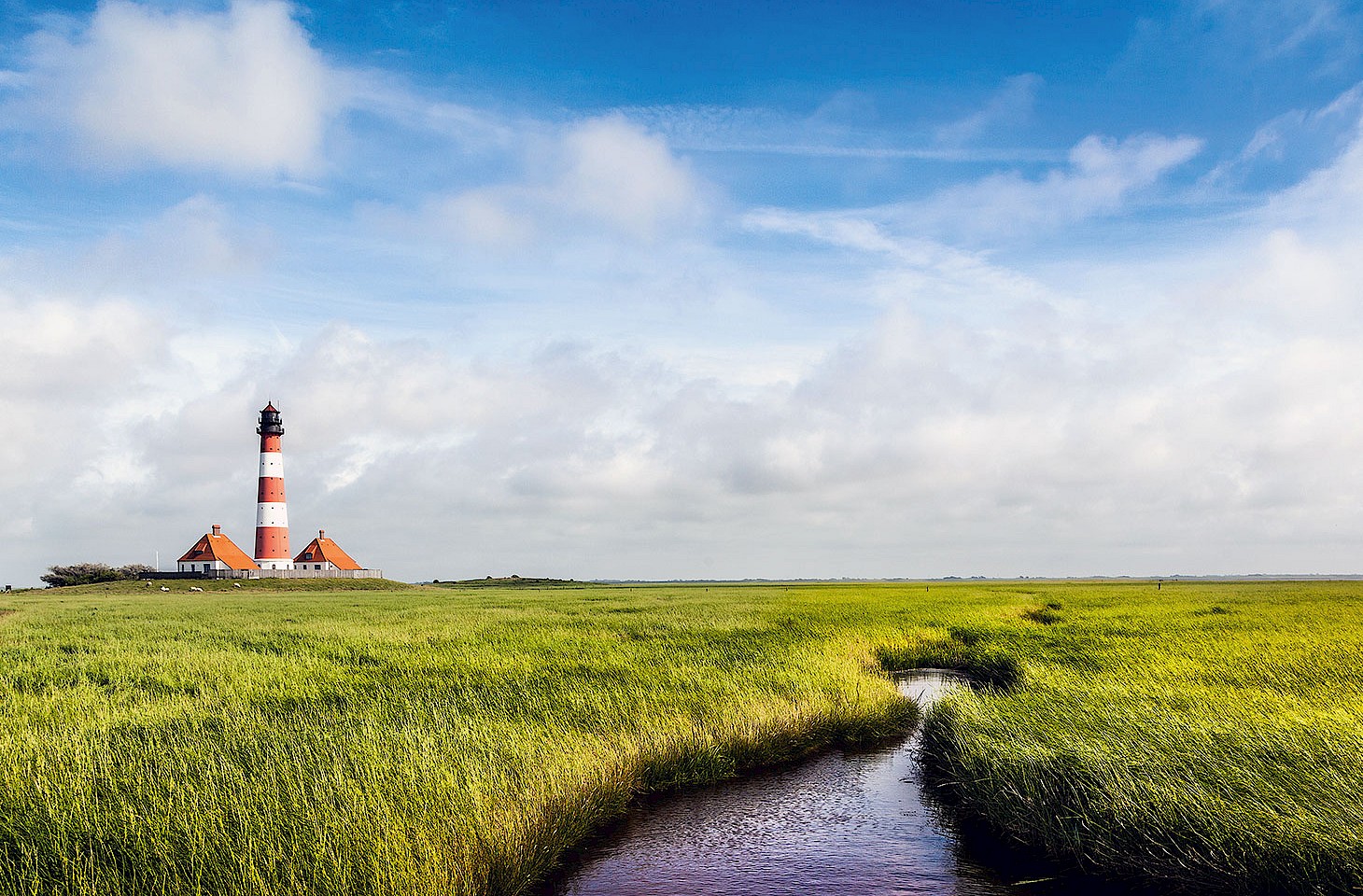Images of places are often sculpted by foreign travellers. Can we think of Ravenna without seeing it through Byron's eyes? And is not the Andalucía of the mind as much shaped by writers like Gerald Brenan and Laurie Lee as it is by the everyday reality of the place. Both Lee and Brenan unwittingly constructed a heady mythology of gypsies, flamenco, brigands and orange groves that captured the imagination of English speakers and remains even today a potent and positive image for modern Andalucía.
Of course, these things are not all about mythology. The mid nineteenth century French poet, essayist and travel writer, Théophile Gautier, who wrote splendid accounts of his travels to Russia, Spain and elsewhere, has a knack of really capturing the essence of a place, whether it be the "serene melancholy" of the Alhambra in Granada, or coming "face to face with the spectre of civilisation" in Gibraltar.
But what of England?




